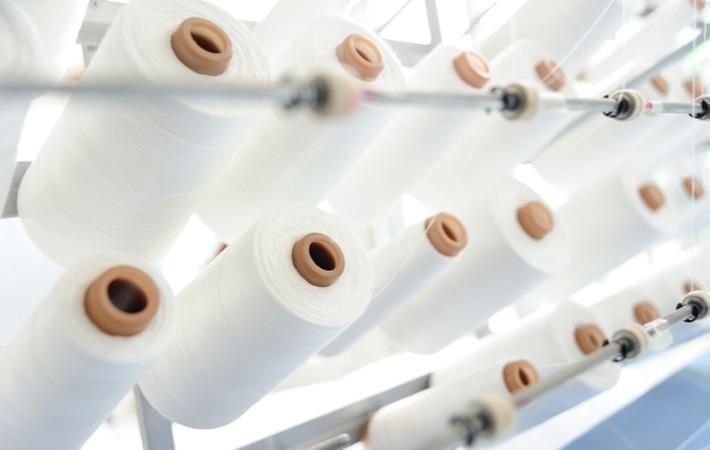Vietnam’s ministry of industry and trade and its South Korean counterpart recently signed many agreements, including an exchange letter on the implementation of the cumulation of origin of textile materials between the two countries in the European Union-Vietnam Free Trade Agreement (EVFTA). Both signed an action plan to complete the target of raising bilateral trade to $100 billion by 2023.
The signing took place during the 10th meeting of the Vietnam-South Korea Joint Committee on Energy, Industry and Trade Cooperation on December 10-12.Vietnam's ministry of industry and trade and its South Korean counterpart recently signed many agreements, including an exchange letter on the implementation of the cumulation of origin of textile materials between the two countries in the EU-Vietnam FTA. Both signed an action plan to complete the target of raising bilateral trade to $100 billion by 2023.#
Under the action plan, the two sides will work to attract more Korean firms to Vietnam, and facilitate Vietnamese enterprises’ exports such as garments-textiles, footwear, timber and agro-fishery products, and processed food to the South Korea.
Both sides agreed on activities to promote technological transfer, improve personnel quality, and intensify investment and trade connectivity, particularly in automobile, mechanics, electronics and garment-textile, according to Vietnamese media reports.
They also agreed to boost Korean investments in liquefied natural gas (LNG) power projects and renewable energy as well as cooperation in scientific research in service of Vietnam’s energy development.
The two sides discussed solutions to expand and facilitate the bilateral trade ties, push up with market opening for farm produce, and handle technical issues that affect their import-export.
According to EVFTA's commitments, exporting enterprises must ensure strict requirements on the origin of their products to enjoy import tariff reduction. Accordingly, the material fabric used to make clothes must be woven in Vietnam or other EU member countries. However, most textile and apparel materials in Vietnam are currently imported from non-EVFTA member sources.
Therefore, Vietnam negotiated with the EU to include a provision allowing Vietnamese enterprises to add the content of origin of material textiles imported from South Korea—which has signed an FTA with the EU—into the garment products produced in Vietnam to enjoy preferential import tariffs when exporting to the EU.
Fibre2Fashion News Desk (DS)
